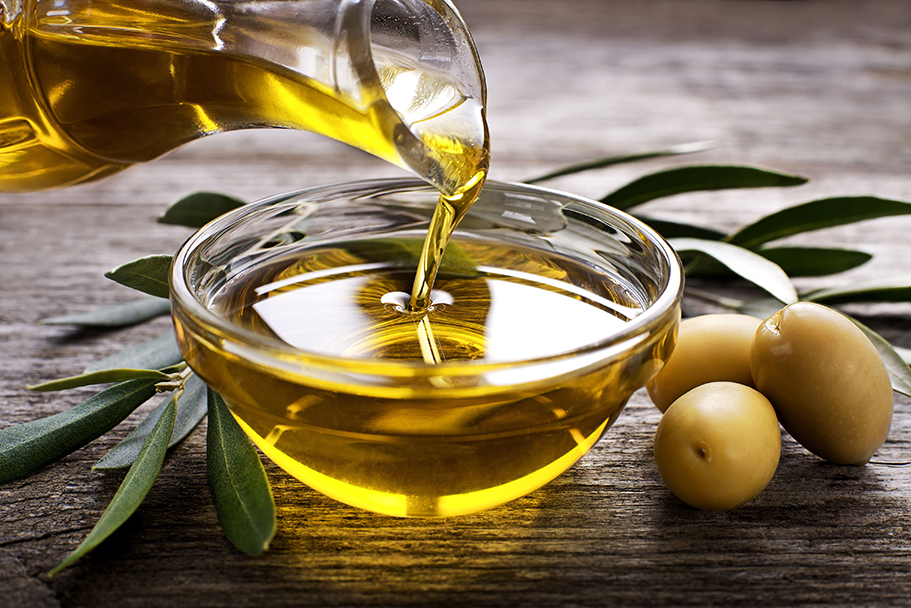EU project OLEUM develops innovative solutions to protect olive oil quality and authenticity
Last Updated : 17 February 2021
The EU-funded project OLEUM has developed innovative, effective and harmonised analytical solutions to detect and fight against the most common and emerging olive oil frauds and to better guarantee olive oil quality and authenticity. Fraudulent commercial practices amount to an etimated 30 billion per year at global level, distressing the olive oil sector, lowering consumer trust and affecting olive oils reputation.
Over the past four years, OLEUM research has been focused on four areas typically targeted by fraudulent activities, developing innovative solutions and improve existing techniques that can be used to:
- control olive oil quality to be consistent with the declared grade, the polyphenols health claim and the declared shelf-life
- detect illegal processing on olive oils (soft-deodorization)
- discover illegal blends between olive oils and other vegetable oils
- verify the labelled geographical origin of olive oils.
The most promising OLEUM solutions, including the determination of phenolic compounds (health claim), free and esterified sterols, fatty acid ethyl esters (revised method), volatile compounds and the use of sensory reference materials, obtained validation in conformity with internationally agreed standards by peer laboratories, paving the way to future policy developments at EU level.
A network for global knowledge transfer
OLEUM has created a dedicated Network to gather and enlarge the international body of expertise in the analysis and authentication of olive oils. The insights obtained throughout the project were shared with the laboratories worldwide in a series of training courses and workshops. The members of the OLEUM Network had a unique opportunity to participate in the validation process of innovative analytical methods developed in OLEUM. The Network is growing continuously, representing an ideal place for stakeholders to engage in an open dialogue about methods that counteract fraud and protect the quality of olive oil.
OLEUM Databank – a unique gateway for olive oil analysis
To further encourage knowledge sharing, OLEUM created a digital, scalable, and regularly updated OLEUM Databank – a repository of data from OLEUM research. The goal of the Databank is to facilitate harmonisation of analytical approaches by providing documents and validated data that the laboratories can count on to assess the quality and authenticity of olive oils samples. Data, reports and analytical procedures will be available to help achieve global synchronisation in olive oil analyses to check the conformity of olive oils.
Prof. Tullia Galina Toschi, from the Department of Agricultural and Food Sciences, Alma Mater Studiorum,- Università di Bologna, Italy, Coordinator of OLEUM, said: “Everything moves from a single marker of quality and authenticity to an overall vision of an oil that could be defined as ‘biometric’. Yet, we cannot forget to proceed with an incremental, simple and robust approach, gradually distilling elements of complexity to make a new effective synthesis, avoiding any sensationalism, which introduces uncertainty and approximation. This is the difficult challenge that OLEUM has won.“
OLEUM Final Conference - 17 & 18 February 2021
The OLEUM project is coming to an end and its achievements will be discussed during a two-day virtual conference. Participants will get a chance to learn about the impact of OLEUM on the future EU policies in the olive oil sector and discuss validation and analytical tools for assuring olive oil quality and authenticity.
More information, the conference agenda and free registration can be found on the OLEUM website.
Background
OLEUM is an EU, Horizon2020-funded project (Grant agreement ID: 635690) that aims to research advanced solutions for assuring the overall authenticity and quality of olive oil. This overall goal is supported by three strategic objectives:
- To develop new and/or improved analytical methods for assuring the quality and authenticity of olive oil.
- To develop the OLEUM databank - an online integrated quality assurance database of olive oil analytical methods and data related to chemical and organoleptic characteristics.
- To develop and support a worldwide community of proficient analytical laboratories involved in the analysis of olive oil, therefore establishing a wide OLEUM Network.
By the end of the project, OLEUM researchers will address the knowledge gap in areas of legislation and regulation, analysis, harmonisation and coordination. This, in turn, will increase consumer understanding and market confidence.
Website: www.oleumproject.eu
Twitter: @Oleum_EU
Press Contacts:
Davide Carrino - Media Manager
European Food Information Council (EUFIC)
email: marie-christine.thurm@eufic.org
phone no: +32 483 67 31 98
Matteo Benni - Press Office
Alma Mater Studiorum Università di Bologna
email: matteo.benni@uinibo.it
phone no: +39 051 2099 327
Tullia Gallina Toschi - OLEUM Project Coordinator
Alma Mater Studiorum - Università di Bologna
email: oleum@unibo.it
phone no: +39 0547 33 8116